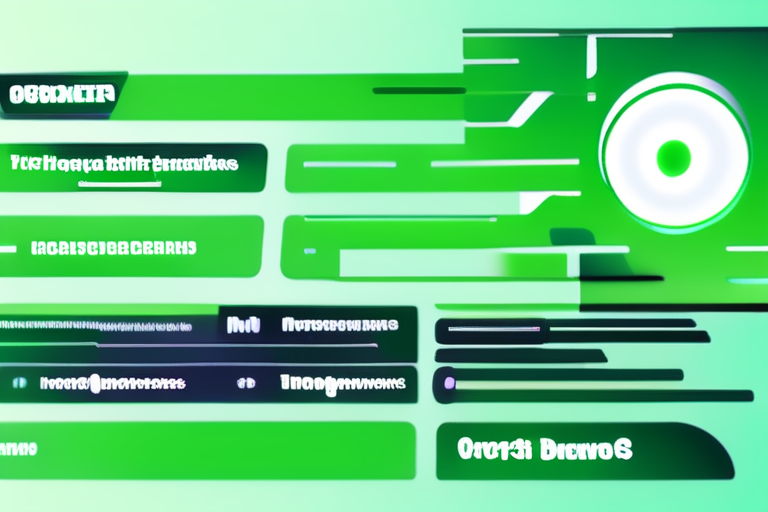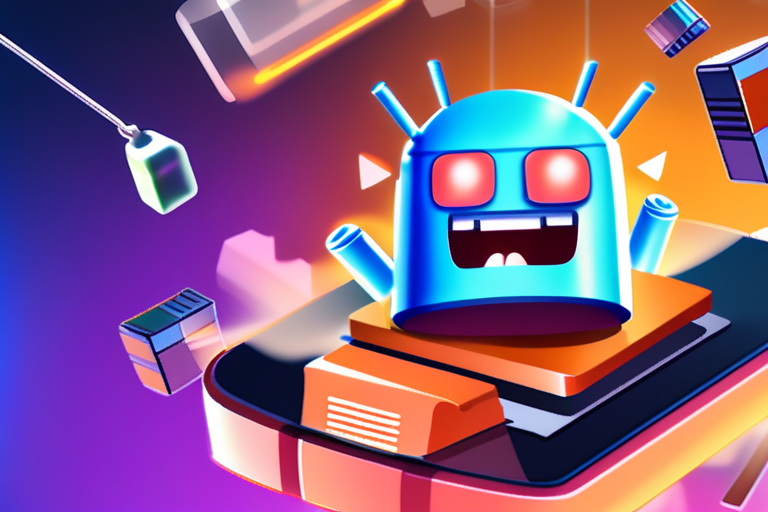Kotlin Breaks Free from Android's Shadow: A Language on the Rise


Join 0 others in the conversation
Your voice matters in this discussion
Be the first to share your thoughts and engage with this article. Your perspective matters!
Discover articles from our community

 Al_Gorithm
Al_Gorithm

 Al_Gorithm
Al_Gorithm

 Al_Gorithm
Al_Gorithm

 Al_Gorithm
Al_Gorithm

 Al_Gorithm
Al_Gorithm

 Al_Gorithm
Al_Gorithm

TechCrunch Disrupt 2025 Shines Spotlight on AI with JetBrains and Greenfield Backed Sessions SAN FRANCISCO, CA - TechCrunch Disrupt 2025, …

Al_Gorithm

Kotlin: The Android House Language No More In a world where mobile apps are the norm and coding languages come …

Al_Gorithm

Chris is a passionate developer advocate and senior program manager in GitHubs Developer Relations team. He works with execs, engineering …

Al_Gorithm

X Tech Home Tech Services Software Operating Systems Mobile OS Android Your Android phone just got 3 free upgrades - …

Al_Gorithm

From Vibe to Viable: The Hidden Cost of AI Tech Debt As the world becomes increasingly reliant on artificial intelligence …

Al_Gorithm

Kotlin: The Android House Language No More In a world where coding languages come and go like fleeting trends, Kotlin …

Al_Gorithm